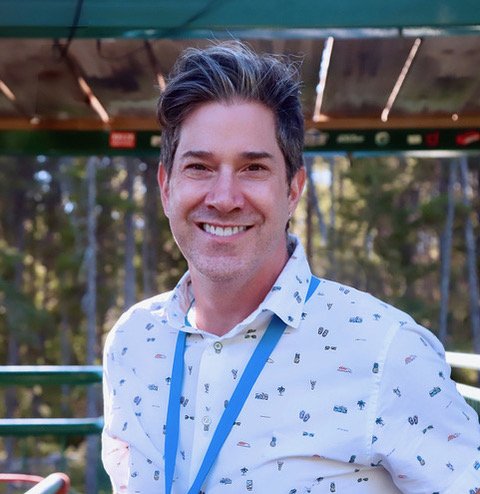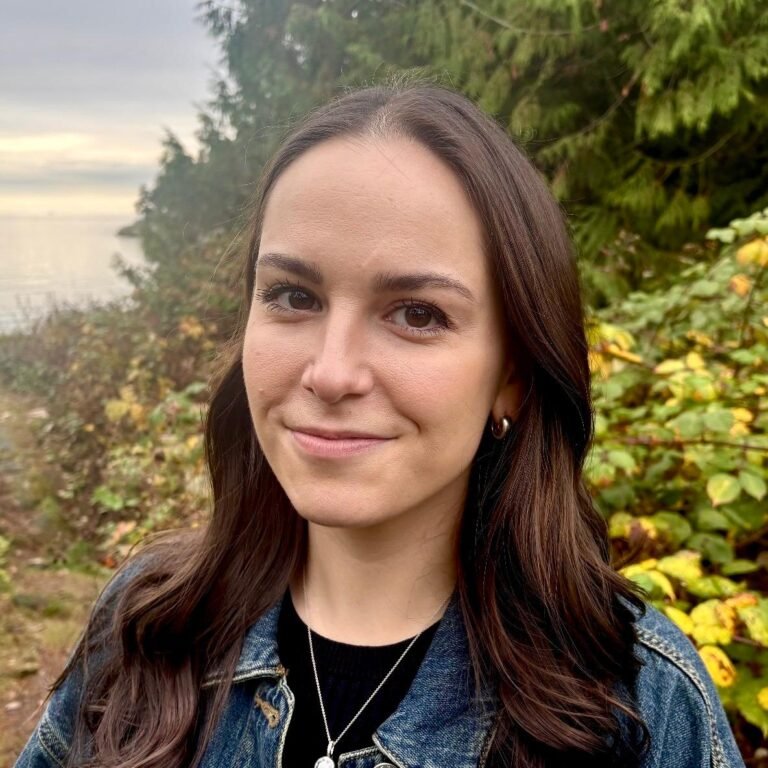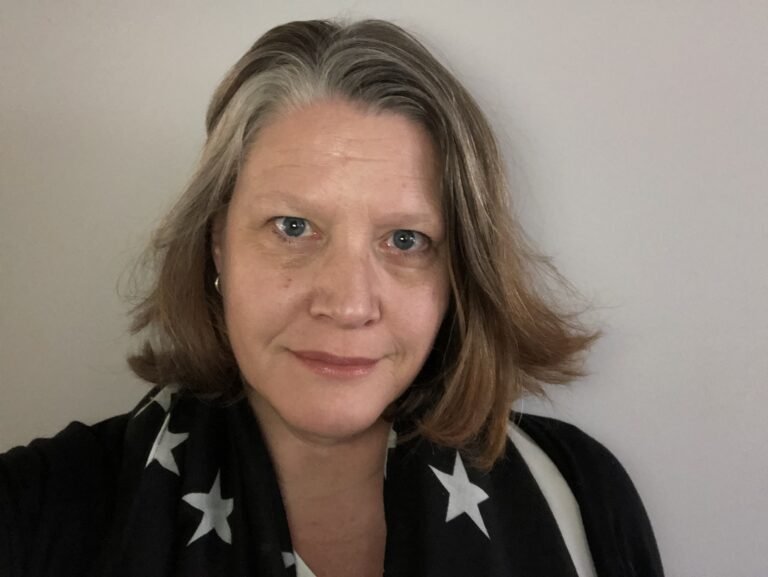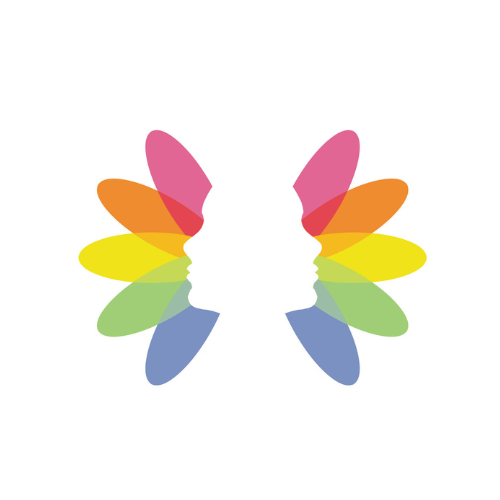MACP, RCC
Child & Youth Counselling
Child and youth counselling creates a supportive space for young people to explore their thoughts, emotions, and experiences with a trained mental health professional. Whether a child is facing anxiety, family conflict, grief, or school-related stress, therapy helps them feel less alone with what they’re carrying. Sessions are shaped by the age, needs, and comfort of the child or teen. That might mean talking things through, using art or play, or building trust gradually over time. Counselling doesn’t push for quick fixes. It offers care, safety, and consistency so young people can build resilience and understand themselves with more clarity and support.
Ways Counselling Can Support Children & Youth
- Build emotional vocabulary and self-awareness
- Develop strategies for coping with anxiety and stress
- Feel supported through grief, change, or family conflict
- Strengthen confidence and a sense of identity
- Improve social skills and peer relationships
- Process difficult experiences in a safe, age-appropriate way
- Learn how to manage anger, fear, or sadness
- Reduce overwhelm at school or home
- Receive support without judgment or pressure
Support That Adapts to You
Therapy for children and teens looks and feels different than therapy for adults. Younger clients may not always express themselves through words. Play, drawing, movement, or storytelling can become important tools in the therapeutic process, especially for children who are still learning how to name and process emotions.
A trained child and youth counsellor adapts their approach to the developmental stage and personality of each client. Some children need help understanding big feelings. Others are working through bullying, divorce, sibling conflict, or early signs of anxiety. Teens may want support with identity, self-esteem, relationships, depression, or academic pressure. Therapy helps them sort through what feels confusing or heavy in a space that is consistent and safe.
Parents or caregivers are usually involved, especially with younger children. That might include regular check-ins, parenting support, or coordination with schools. In teen counselling, privacy and consent are handled with care, so the young person feels respected while still allowing space for important caregiver collaboration.
The relationship between child and therapist matters. Over time, many young people begin to feel more regulated, more understood, and better equipped to manage what life brings. Child and youth counselling helps build the emotional foundation for long-term well-being.

















